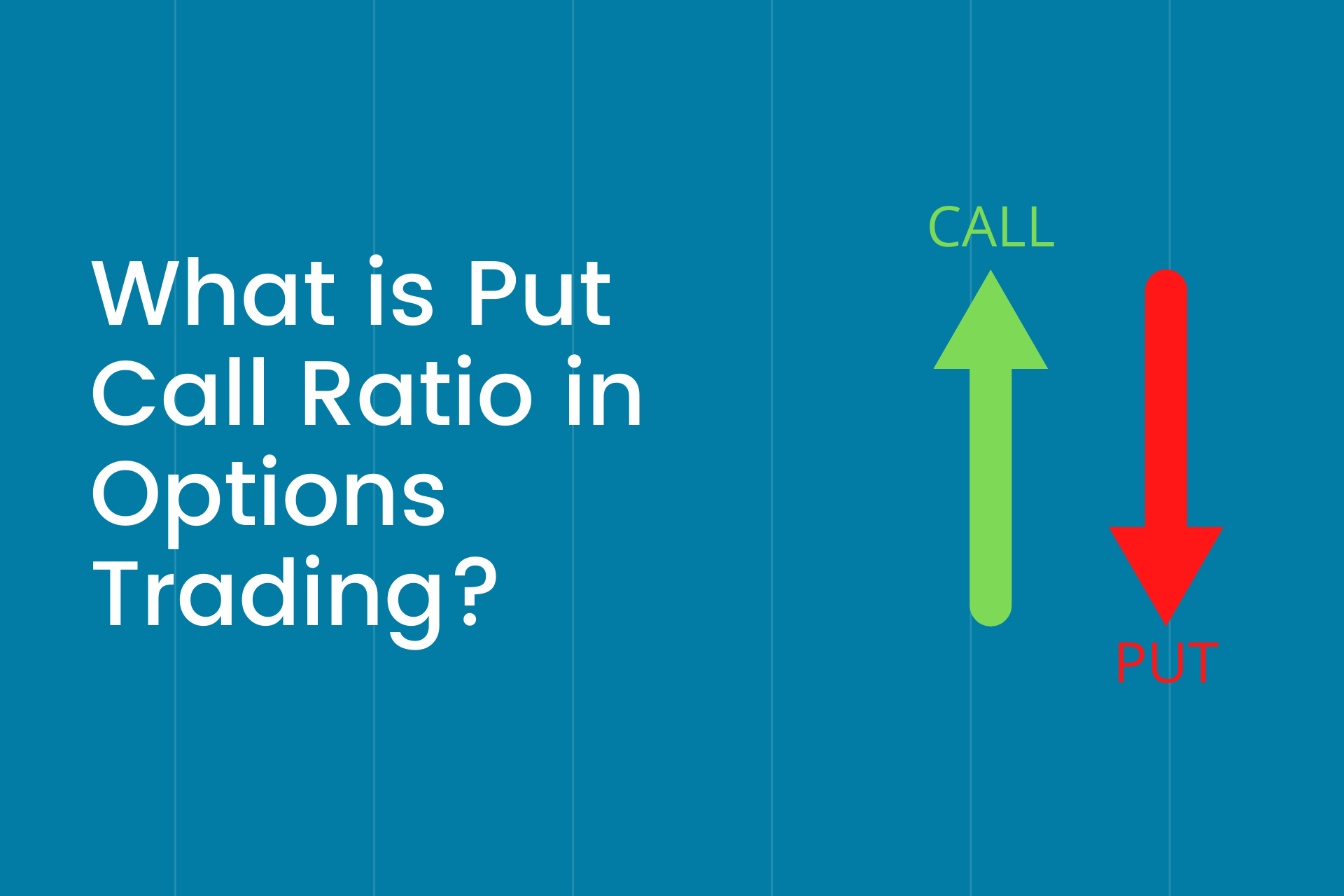A number of people start trading in the options market every year. In case you are about to open a demat account and are thinking of trading in options, you must know what call and put options are.
Simply put, a call option’s holder has the right (but not the obligation) to buy a security at a predetermined price (strike price) on or before the expiry rate. However, when the buyer of a call option exercises his right to purchase a security, the option’s seller is under an obligation to sell it.
A put option’s holder has the right (but not the obligation) to sell a security at a predetermined price (strike price) on or before the expiry date. When the buyer of a put option exercises his right to sell a security, the option’s seller is obligated to buy it.
Now that you understand the rights and obligations of buyers and sellers of options, let us compare buying a put option with selling a call option.
Buying a Put Option vs. Selling a Call Option
When you buy a put option, you have the right to sell the underlying security at a price agreed before within a certain duration of time. But, what would make you buy a put option?.
Obviously, you would expect a security’s price to fall. To protect yourself from losses occurring due to a fall in its price, you would like a right to sell it at a predetermined price.
When you sell a call option, you are giving the option’s buyer the right to open demat account and buy the underlying security from you at a predetermined price on or before the expiry date. Why would you give someone this right? You would do so only when you expect the security’s price to fall.
Both the buyer of a put option and the seller of a call option expect the underlying security’s price to fall. Hence, they both have bearish expectations when it comes to a security’s price. So, what is the difference between them?
Remember that the buyer of a put option has the “right” to sell a stock. If he does not exercise the right due to any reason, all he will lose is the amount of premium he had paid to the seller of the option.
On the other hand, the seller of a call option has the obligation to sell the underlying stock if the buyer of the call option decides to exercise it. When will the buyer of the call option exercise the right?
He will do so only if the strike price of the call option is lower than the underlying security’s market price. Hence, depending on the underlying security’s market price, the seller of a call option can incur a huge loss.
Who Should Sell A Call Option And Who Should Buy A Put Option?
There is no denying that call and put option can provide you with opportunities to make money. However, you need to understand when to buy/sell which option. In the discussion above, we noticed that the seller of a call option faces the risk of incurring unlimited losses.
The difference between a call option’s strike price and the underlying stock’s current price can be anything.
This is because there is no cap on the current price of an underlying stock. Hence, before selling a call option, you should ask yourself whether you can incur unlimited losses. The truth is that most traders have a limited loss-bearing capacity.
Therefore, you should sell a call option only if you are a highly sophisticated trader, who is extremely sure of the direction an underlying stock’s price will take.
On the other hand, buying a put option is less risky than selling a call option. In this case, even if your assessment is wrong, the only thing you will lose is the premium amount. Hence, if you think that a security’s price is going to fall in all likelihood, you may consider buying a put option.


